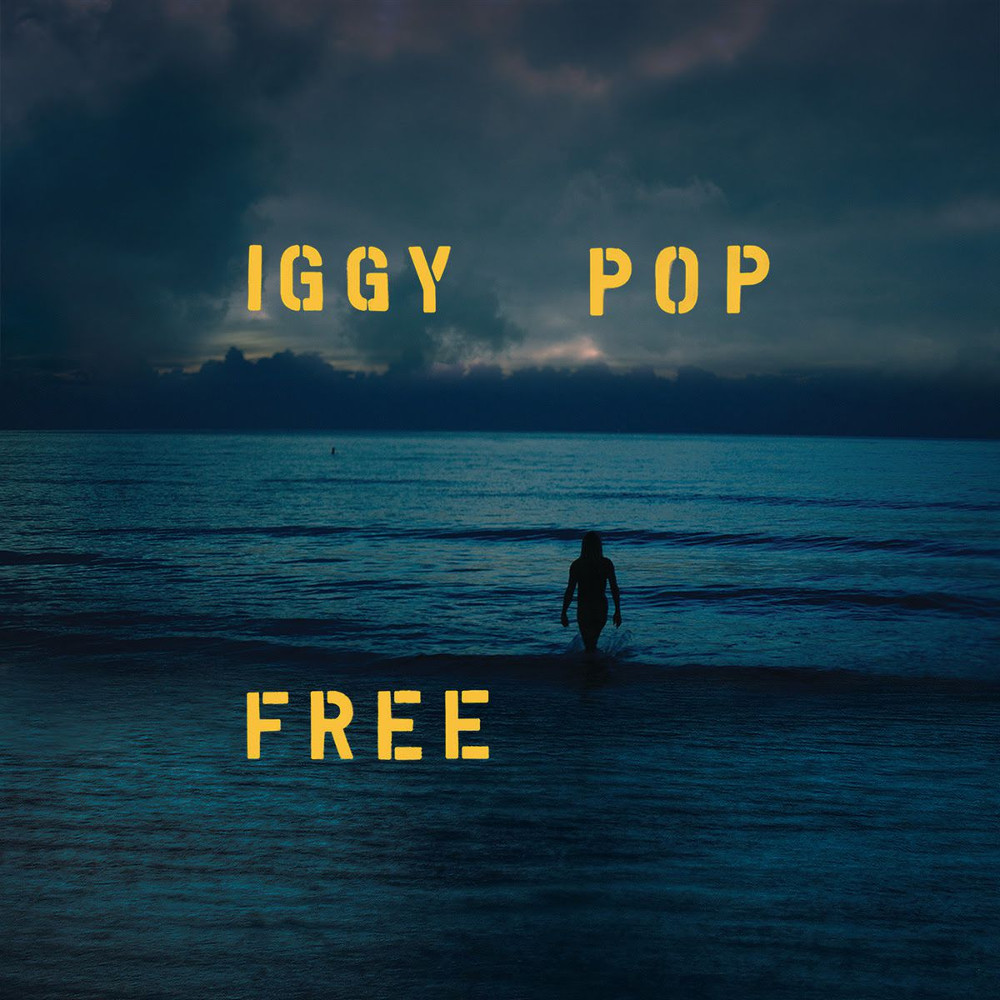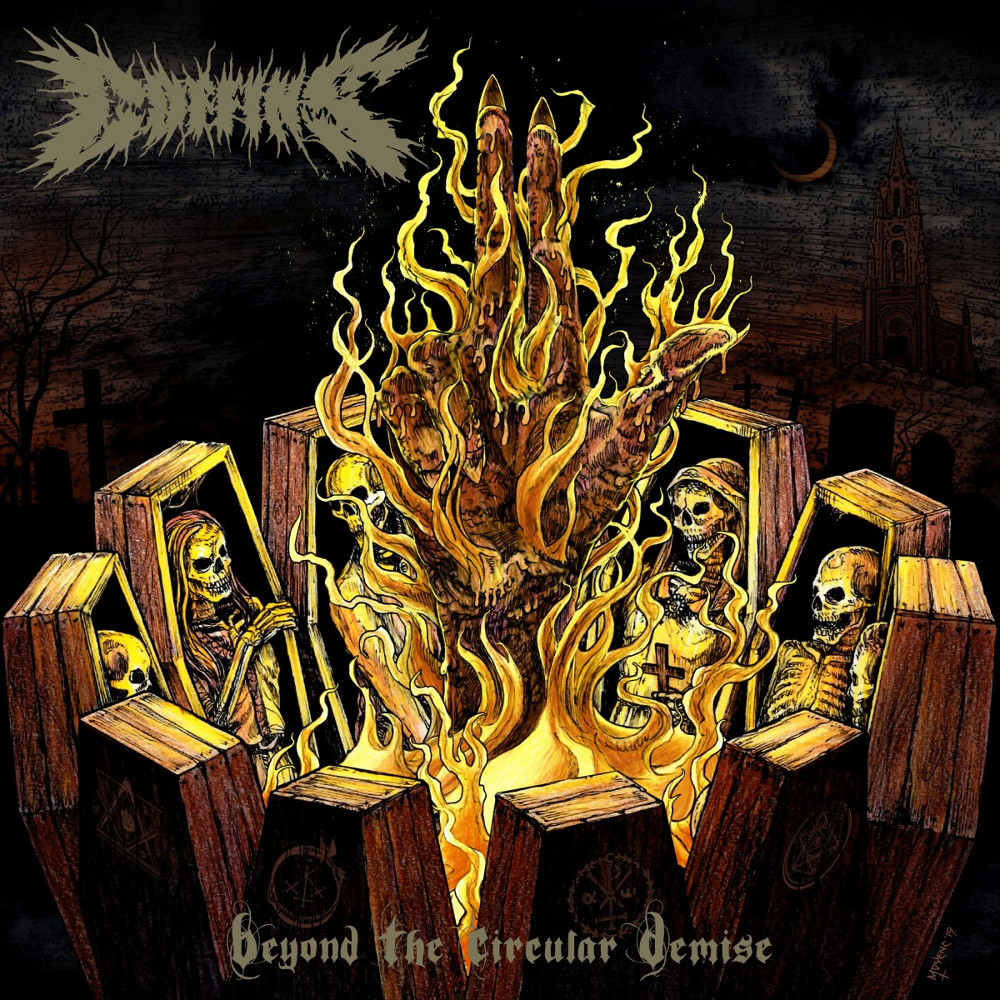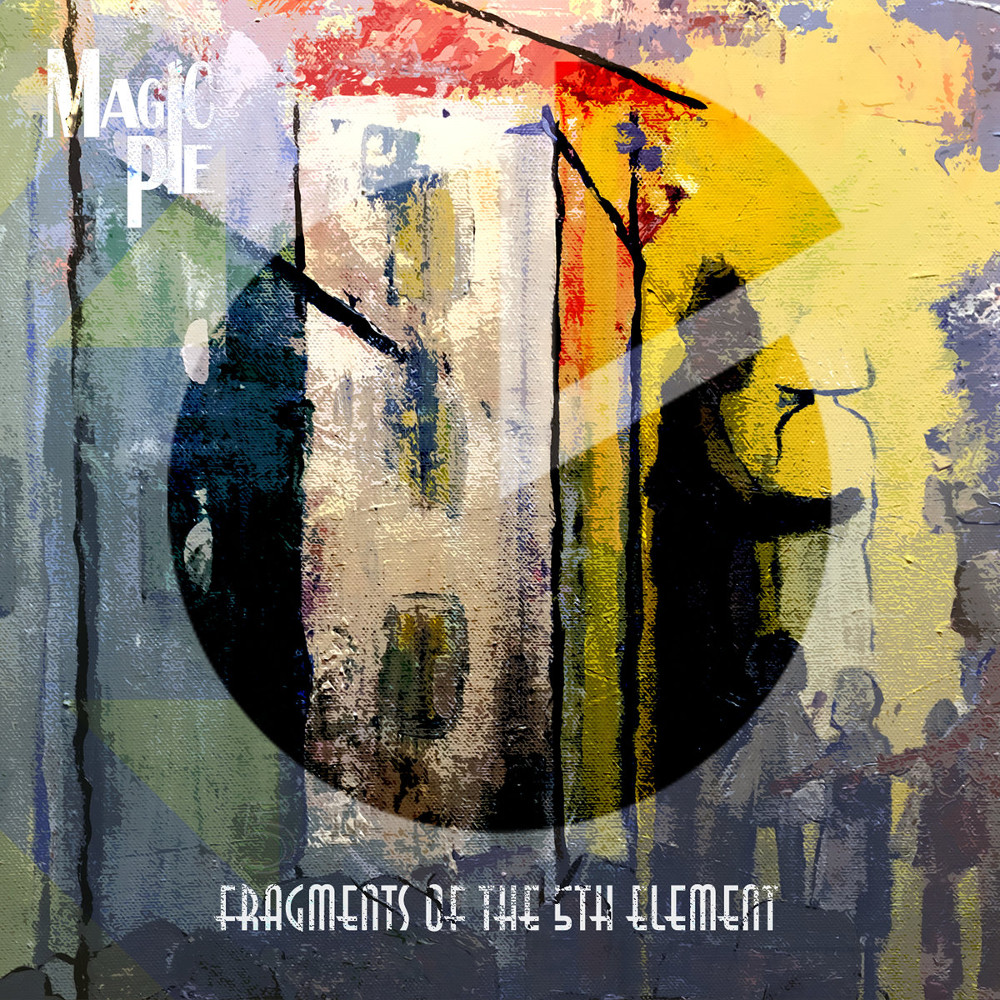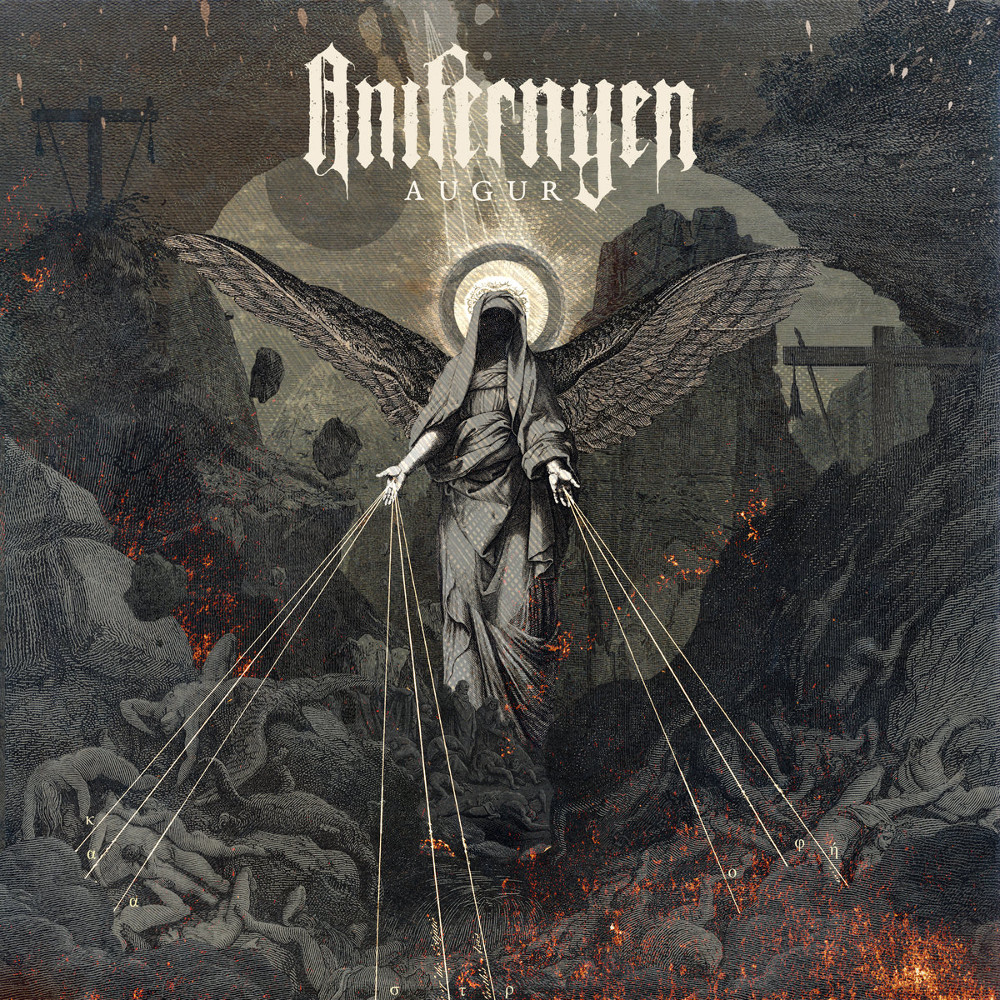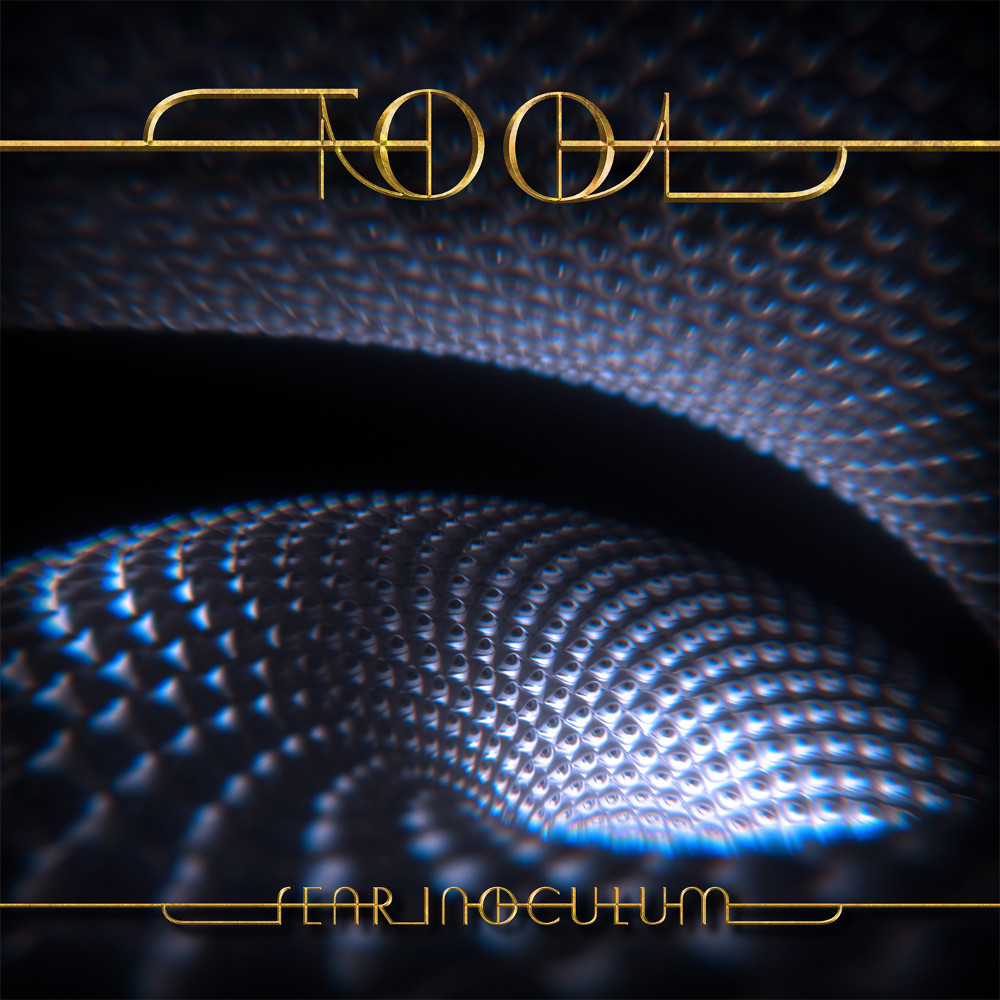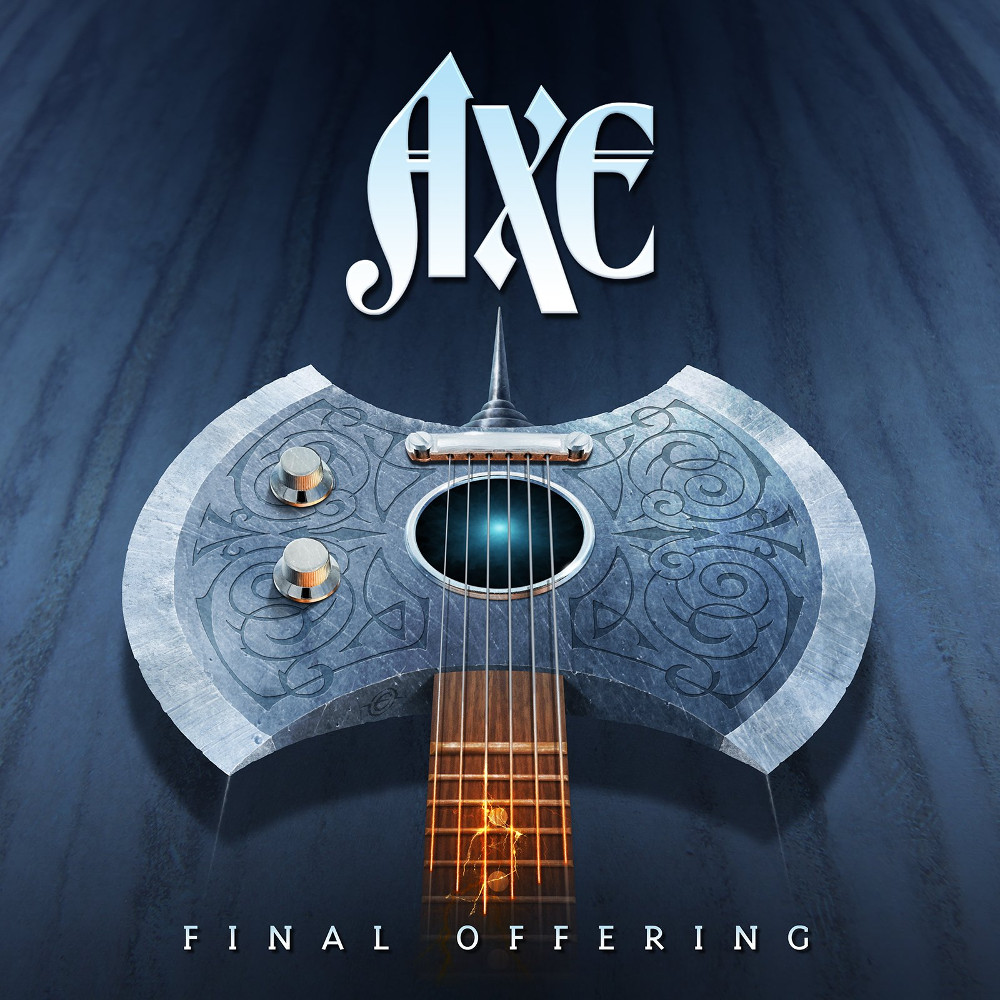 |
Country: USA
Style: Classic Rock
Rating: 8/10
Release Date: 20 Sep 2019
Sites: Facebook | Official Website | Wikipedia
Here's the latest in 2019's bizarre trend of long established bands finally getting round to a new studio album after a surprising amount of time. With Axe, it's nineteen years since their last one, The Crown, and I do believe that they've been together since then, even if only two of seven musicians were with the band at that point.
Axe are a melodic rock band who often veer into soul, blues or classic rock, often all at once. I've been waiting eagerly for this album ever since Chris Franklin played Land of Our Fathers a couple of months ago on his excellent melodic rock radio show, Raised on Rock. That's a superb storytelling song, very much in the Neil Young vein, and it turns out to be unrepresentative of the album as a whole in everything except quality.
There's a lot here for classic rock fans because Axe tread a lot of ground. Born to Lose, for instance, opens things up well with a soulful lead vocal and some tasty southern guitarwork. It moves quickly from Lynyrd Skynyrd to Whitesnake but it keeps the band's own identity and shows how comfortable a modern day Axe is with the blues. There's blues in Fire & Stone too, but an electric sort of Led Zeppelin blues, touching on the middle eastern flavour that Robert Plant likes so much.
And that's not the rest of the album. Bad Romance is a soulful rocker. Road to Damascus ditches most of the rock side of that and moseys all the way on into soul, mostly Otis Redding but with a calming Marvin Gaye influence and nods to rock in the drums and a guitar solo. Much of this is due to the lead vocals of Bobby Barth, the sole remaining founding member (keyboard player Bob Harris joined a couple of decades and change later and he has a decade on anyone else in the band).
At heart, Axe are a classic rock band who maintain that uncanny patience of a lot of those seventies legends. We just know that these songs will be much faster, much louder and much heavier on stage, but they restrain themselves here for effect. Make a Dream (Last Forever) would have got a lot of airplay in the eighties and Money and Old Scratch maybe a little earlier. The latter is a real stalker, achingly slow like Bad Company in slow motion. Talking of Bad Company, Who Will You Run To sounds like them at regular speed.
This is careful stuff and there's a reason for that. After forty years, Axe are apparently calling it a day and the album title is descriptive of their intent for this to be their last studio album. Maybe they'll keep touring. I hope so, because they're really on form here and benefitting to boot from a notably good production job. And hey, they've broken up before and come back so I'm not counting any fried chickens yet.
For those unaware of the band's history, they were formed way back in 1979 in Gainesville, FL, knocked out four albums by 1983 on major labels, landing support slots for some huge bands in the process, like Judas Priest, ZZ Top and Iron Maiden. That ended in 1984 when guitarist Michael Osborne died in a car crash during a tour with Mötley Crüe. Barth survived with spinal damage, joined Blackfoot and shifted into production work, but eventually reformed Axe in 1989 and 1997, releasing another couple of albums in the process.
I may have come into this album with crazy high expectations because of the glory of Land of Our Fathers, but I left it happy. It may be the best track here but there's a lot of other great material here that's both accessible on a first listen and rewarding of more exploration. It's really good stuff and I hope that they rethink that whole Final Offering logic.


